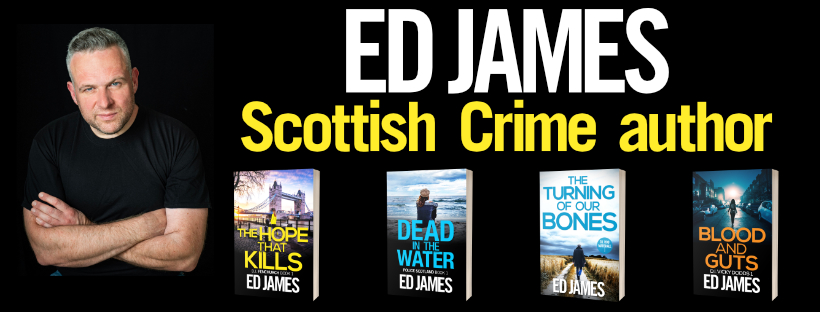Writing Tips 001 – the last you've written is the best you've written
(this is part of an ongoing series of writing tips – you might like it, you might not – which, if nothing else, are there for me to remember my own learnings and not repeat my mistakes)
The last you’ve written is the best you’ve written.
What do I mean by that? Okay, this is the first but it’s also a particular one and will require caveating with lots of future posts in this – you can’t just write crap and it’s automatically the best you’ve done.
What I mean by that phrase is that the way I approach writing is a heavily iterative process. I go through the manuscript (actually, technically it should be an autoscript) several times – GHOST IN THE MACHINE had over twenty individual drafts, across seven major revisions and a frustrating three years, four months.
That’s coupled with the internal deadline – I’m an indie author, so I publish as often as I like, but I set myself my own deadlines (e.g. publish DEVIL IN THE DETAIL by October 14, eeek) and I’m therefore looking to track progress. The bad one here is word count – I have a set word count in mind, usually around 75-90k, and I’m continually tracking towards this goal.
One of the things that I came unstuck on as I approached the final, published version, was that I was pushing towards this complete milestone and treating sections as being complete. Those that have read GHOST hopefully found that it had a good flow. It was a nightmare to get right – one of the things I was trying to show was the reality and frustration of the lower levels of a police investigation (example being phoning through the lists of friends on Caroline’s Schoolbook page) but it has to be set against the fact I’m writing a page-turning thriller. It was too much of the reality and it was too tedious. Those scenes were in from the start and were tweaked every time I edited the book.
It’s something I’m finding just now with DEVIL IN THE DETAIL. It’s been with my editors for the last three weeks now and the initial feedback I’m getting is that it starts well (almost all new text) but from about 10% to 30% it is boring and repetitive. One of them commented that “it’s sitting in people’s houses and then in cars”. And that’s fair enough – it is boring, but it’s very difficult to spot that on an edit when you’re really close to the text, like I have been for the last few months.
I wrote DEVIL IN THE DETAIL as a novella almost two years ago and have recently expanded it to a full-length novel (it’s not stretched, in case you’re wondering, it was hyper-compressed before). What I’ve done, though, is leave large chunks of the two year old text not untouched but largely intact, and certainly the flow is maintained. It might have worked in a novella, when that section was roughly 2-3k words, but it’s been expanded to roughly 10k. And it drags. It’s followed by a new section that I hadn’t written before that zings, and the editor is now flying through it again.
So, what I’m getting at here is to attack every draft as if it’s new. If a section is proving difficult, smash it up, rewrite it from scratch. That’s what I’m doing with that section from DEVIL IN THE DETAIL – it’s going to flow much better and be more realistic and intriguing to boot. It is also going to be a bloody nightmare as I have to make sure that I keep all the points I made in there, so that consistency is maintained. But it will make the book better.
Writing is something that you can only improve at by doing more of it. The most recent stuff you’ve written is the best stuff you’ve written, so long as you listen to criticism and tear your own work apart. You have to be brave.
— Ed

lynncswc
I like the last part best…if it isn’t working, Smash it up. So very true. We are having to smash up sections that were written for book two, just so they’ll go with the newer improved thinking on where we want things to go. That’s not to say we won’t toss this out and start over again…I hope not but who knows.
edjamesauthor
With hindsight I could have smashed up more of GHOST IN THE MACHINE but I think I did just enough.
The important thing is iterating the book and being as brave as hell.
Need to do another writing tips soon.
— Ed